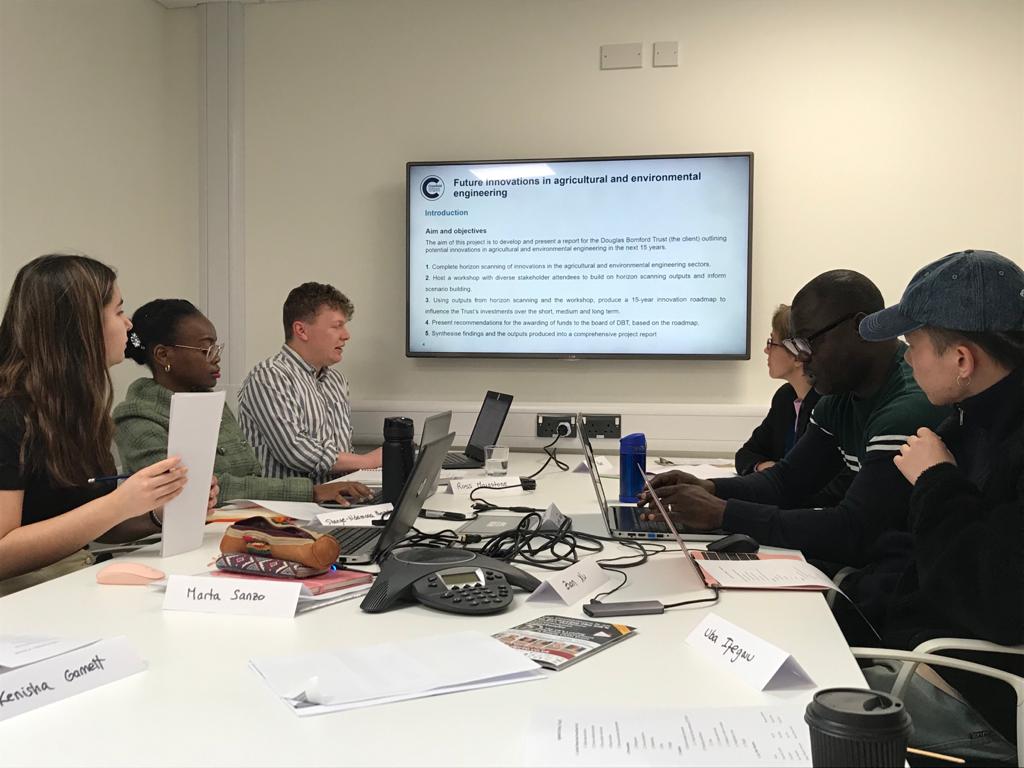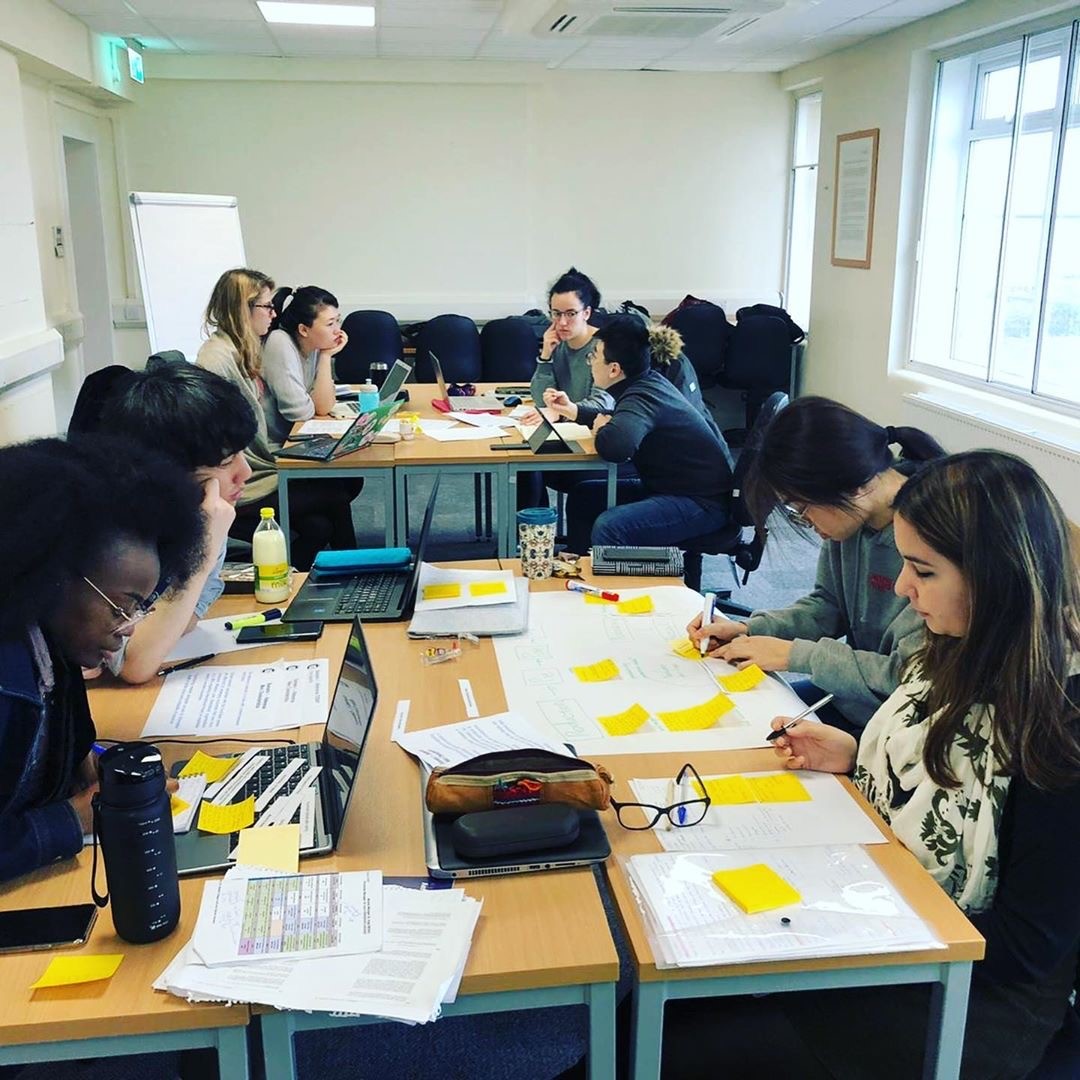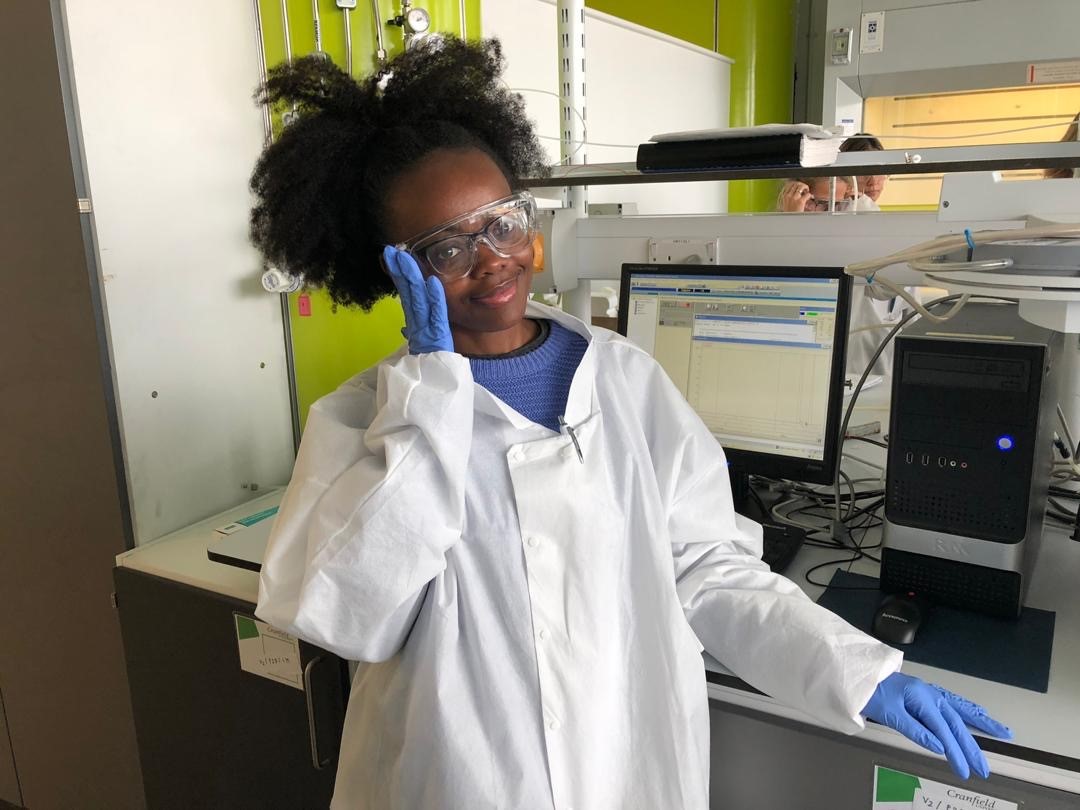Understanding Group Project TIPs (Theory into Practice)
31/03/2020

The time for modules and contact lessons has come to an end and now it’s time to work on group projects. As part of the MSc course, we are not only exposed to post-graduate modules but a group project and finally an individual module.
A survey has been conducted by the Confederation of British Industry and the UK government which stated the challenges faces by employers when they hire graduates. It was found that 80% of employers have had a displeasing experience in how they apply theoretical knowledge. This is in the areas of problem solving, teamwork and time-management. It was also found that 50% of graduates lacked business acumen and consumer awareness. Which defeats the purpose of decision making, especially since there is a global risk of the depletion of resources and knowing science with a lack of corporate management can negatively impact firms and consultancy agencies.
The first weeks of the group projects in February have been tentative but the University has prepared support material in project management and organisational behaviour. I have already been involved in group projects in Food Technology but I still had a lot more to learn and every project brings new challenges and opportunities. This degree has a more defined approach in ensuring we, as students have individual self-assessed or self-reflected before the project or further employment. We were tasked to have Specific Measurable Achievable Relevant and Time-bound (SMART) goals. My focus is on Teamwork, Project Management, and Time Management.

I have already seen my progress in understanding how to make use of emerging technology and software in assigning tasks amongst teammates and setting deadlines. I got to understand the importance of data protection and the value of the intellectual property from both parties such as clients and the people involved. I have taken training on General Data Protection Regulation (GDPR) which is a crucial part of harnessing European Union data privacy laws. I share the group project responsibility with a diverse team from different ethnic and cultural groups and most importantly professional disciplines. This is exciting because it reflects the real-world workplace, which is important, to make sure I am a pleasure to work with. I took up training in Equality, Diversity, and Inclusion to ease work and this experience. This sharpened my knowledge in “knowing how to treat people differently” to accommodate them, yet treating them fairly with how much each background demanded. Emotional intelligence should not be taken for granted, it is not something that is commonly taught and real-life experiences are unique to the nature of business and location.

The overall field in Food Systems gives an overview of the food network. Food process engineering, however, is only limited to a certain part of the supply chain. This means that I get a thrilling experience to fill the gap in practical knowledge from the initial part of the food supply chain which is Agriculture as well as the medium, the environment.
The project at hand is in ‘The Future Innovations in Agricultural and Environmental Engineering’. This is in collaboration with the Douglas Bomford Trust (DBT), a UK based charity that has been registered and operating since 1972. DBT was founded in commemoration of an Agricultural Engineer Douglas Bomford who was once the President of the Institute of Agricultural Engineers. The mission of DBT is to invest and create opportunities in research, training, and education in topics related to agricultural engineering and mechanisation.
Cranfield University has already worked on futuristic projects such as drone technology but since there are no limits to science and research, continuous improvement and new solutions are required. Innovation will be sought for taking into account the ever-changing system in terms of Political, Environmental, Social, Technological, Legal and Economical (PESTLE) concerns. Hence, I hope to apply more of my theoretical knowledge and discover possible talent(s).
The journey in food solutions continues…
Categories & Tags:
Leave a comment on this post:
You might also like…
Keren Tuv: My Cranfield experience studying Renewable Energy
Hello, my name is Keren, I am from London, UK, and I am studying Renewable Energy MSc. My journey to discovering Cranfield University began when I first decided to return to academia to pursue ...
3D Metal Manufacturing in space: A look into the future
David Rico Sierra, Research Fellow in Additive Manufacturing, was recently involved in an exciting project to manufacture parts using 3D printers in space. Here he reflects on his time working with Airbus in Toulouse… ...
A Legacy of Courage: From India to Britain, Three Generations Find Their Home
My story begins with my grandfather, who plucked up the courage to travel aboard at the age of 22 and start a new life in the UK. I don’t think he would have thought that ...
Cranfield to JLR: mastering mechatronics for a dream career
My name is Jerin Tom, and in 2023 I graduated from Cranfield with an MSc in Automotive Mechatronics. Originally from India, I've always been fascinated by the world of automobiles. Why Cranfield and the ...
Bringing the vision of advanced air mobility closer to reality
Experts at Cranfield University led by Professor Antonios Tsourdos, Head of the Autonomous and Cyber-Physical Systems Centre, are part of the Air Mobility Ecosystem Consortium (AMEC), which aims to demonstrate the commercial and operational ...
Using grey literature in your research: A short guide
As you research and write your thesis, you might come across, or be looking for, ‘grey literature’. This is quite simply material that is either unpublished, or published but not in a commercial form. Types ...






